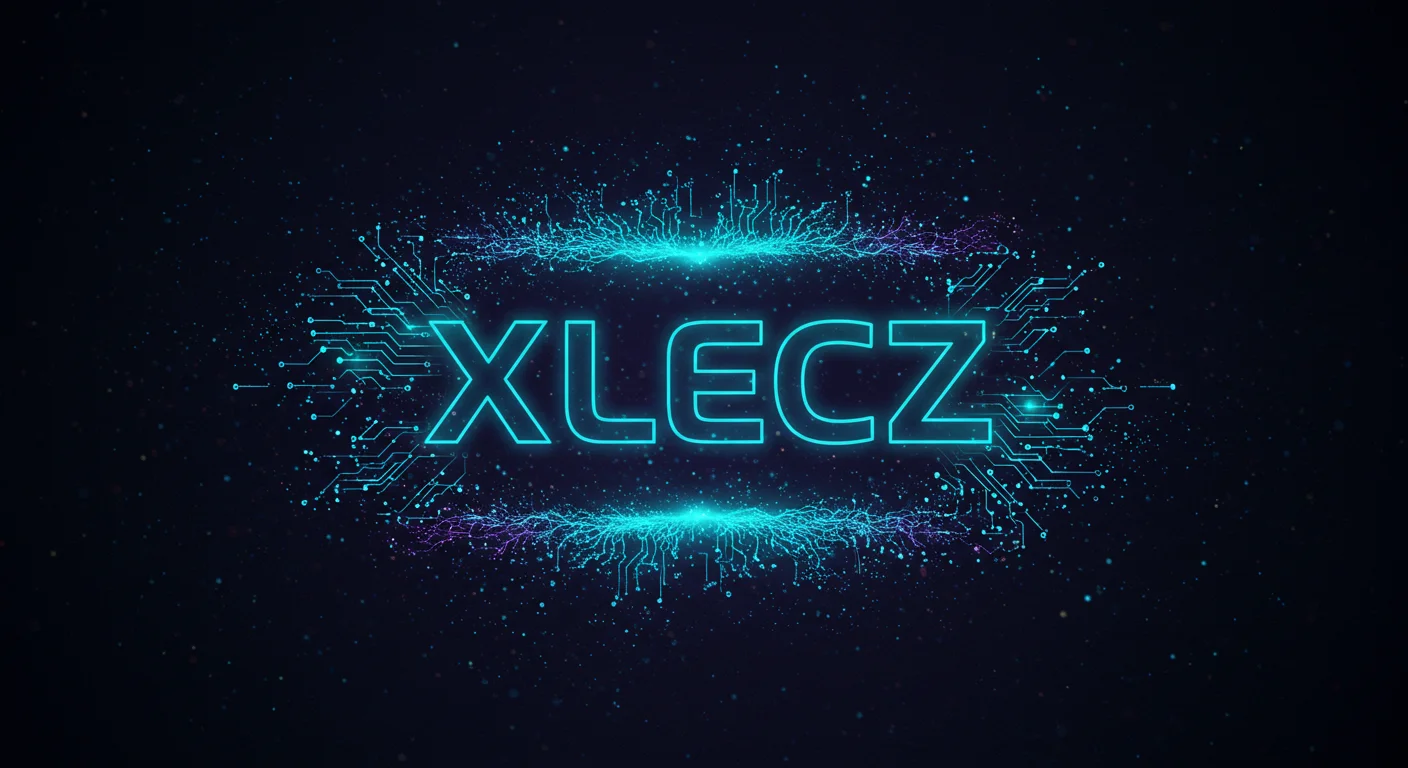In the vast, interconnected expanse of the internet, where information travels at the speed of light and cultures are born in the blink of an eye, mysterious terms occasionally surface that capture the collective curiosity of netizens. One such term is xlecz. Unlike viral memes or popular slang with clear origins, xlecz exists in a nebulous space—a digital phantom that is simultaneously everywhere and nowhere. This article delves into the known facts, prevailing theories, and cultural significance of this intriguing string of characters.
What We Know: The Hard Facts
At its most fundamental level, “xlecz” (pronunciation is debated, but “zuh-lech” or “klekz” are common guesses) is a five-character string with no recognized meaning in the English language or any other major world language. It is not found in standard dictionaries, encyclopedias, or authoritative linguistic databases.
A search for “xlecz” across popular platforms yields a fascinatingly inconsistent pattern:
- Google & Search Engines: A search primarily returns a handful of user-generated questions on sites like Reddit, Quora, and Answer.com, all asking some variation of “What is xlecz?” The results are almost entirely meta—discussions about the discussion, with no primary source in sight.
- Social Media: On platforms like Twitter and TikTok, “xlecz” appears sporadically, often in cryptic posts, as a nonsense word in surreal memes, or as an apparently random hashtag. There is no concentrated community or trend associated with it.
- Gaming: This is one of the more substantial leads. In certain niche gaming communities, particularly those focused on modding or older titles, “xlecz” has been spotted as a username, a randomly generated character name, or a tag within game files. Its use here seems to be arbitrary, chosen for its unusual and non-dictionary appearance.Hothaylost
The most concrete fact about xlecz is its elusiveness. It is a term defined more by its absence of definition than by any positive attribute.
Prevailing Theories on the Origin of Xlecz
The lack of a clear origin story has fueled speculation. Several theories have emerged to explain the phenomenon:
- The Random String Theory: The most straightforward explanation is that xlecz is a completely random sequence of characters. It could have been generated by a computer algorithm for a placeholder username, a file name, or a password. Its memorably unorthodox combination of ‘x’, ‘l’, ‘c’, and ‘z’ might have caused it to stick in the mind of a user who then used it elsewhere, beginning its slow seep into the digital ecosystem.
- The Glitch in the Matrix / Mandela Effect: For some, the persistence of “xlecz” in search queries without a clear source feels like a digital glitch. This theory posits that it could be a piece of “internet folklore” that never quite took off, a meme that was stillborn, or even a term from an alternate reality that has bled into our own. It embodies the feeling that the internet is so vast that it contains pockets of pure, unexplained noise.
- The ARG (Alternate Reality Game) Lure: In the world of online puzzles and immersive games, creators often plant obscure keywords and phrases as entry points. It’s plausible that “xlecz” was once a clue or a gateway for an ARG that either never launched, failed to gain traction, or was so well-hidden that its context was lost. The term remains, a ghost of a game that no one is playing.
- The Mishearing or Misspelling: Another possibility is that “xlecz” is a widespread typo or mishearing of a real word. Perhaps it was a failed attempt to spell a technical term, a brand name, or a non-English word. However, no convincing candidate for the source word has been universally accepted.
The Cultural Significance: Why Does Xlecz Matter?
While it may seem trivial to investigate a nonsense word, the phenomenon of xlecz is culturally significant for several reasons:
- A Mirror to the Human Brain: Humans are pattern-recognition machines. We are hardwired to seek meaning, especially in ambiguity. The existence of xlecz acts as a Rorschach test for the digital age. The very act of asking “What is xlecz?” reveals our innate desire to categorize, understand, and fill informational voids, even when there may be nothing to find.
- The Nature of Modern Folklore: Before the internet, folklore consisted of urban legends and ghost stories passed orally. Today, it includes cryptic YouTube videos, creepy-pastas, and unsolvable online mysteries. Xlecz is a perfect example of a modern “folklore object”—a piece of digital detritus that has taken on a life of its own precisely because it lacks an explanation.
- A Symbol of the Internet’s “Dark Matter”: The surface web—the part indexed by search engines—is just the tip of the iceberg. Xlecz represents the countless bits of data, usernames, failed projects, and random strings that make up the internet’s unseen “dark matter.” It is a reminder that a significant portion of the digital world is composed of meaningless, unconnected, and orphaned information.
Conclusion: The Enduring Enigma
In the end, xlecz is a blank canvas. Its meaning is not inherent but is projected onto it by those who encounter it. It is a nonsense word that prompts deep questions, a digital void that inspires creation.
Is it a random string? A forgotten password? A ghost of a failed ARG? The truth is likely mundane, but the mystery is profoundly human. Xlecz endures not as a word with a definition, but as a concept: a testament to the internet’s boundless capacity for generating mystery and our enduring need to solve it. Until a definitive origin is uncovered—if it ever is—xlecz will remain a charming, puzzling phantom in the machine.

